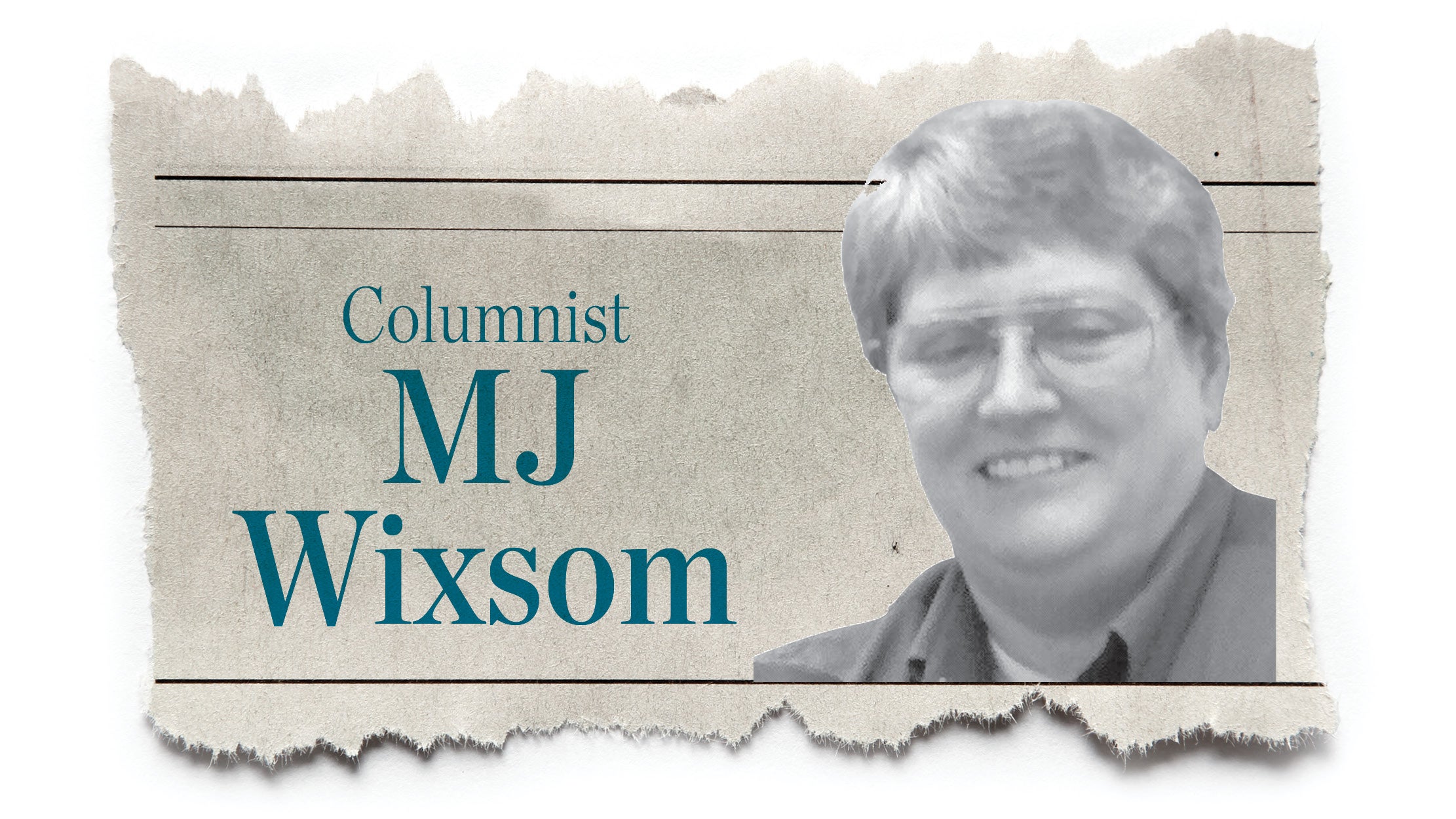Tim Throckmorton: Get the bread and milk but it is all still in God’s hands
Published 12:00 am Saturday, January 22, 2022
For some unknown reason, whenever the wise weather prognosticators utter the word “snow” there is within the populace an internal mechanism that engages the mind to first and foremost, above all and before all else…. GET THE BREAD AND MILK!
Ah, I remember it as if it were yesterday when droves would flock past the displays of snow shovels and winter apparel to acquire the aforementioned milk and bread with great haste… but why?
Is it the fear of being unprepared for disaster? Is it possibly the security one gains for stocking up for whatever Mother Nature hurls our way?
Lisa Brateman, a New York City-based psychotherapist writes, “The thought to get milk before a storm is followed by the action or compulsion to go out and stockpile it. In one way or another, we spend a lot of time and energy trying to feel in control, and buying things you might throw out still gives the person a sense of control in an uncontrollable situation.”
That pesky loss of control issue has plagued mankind from the beginning. So, what’s a person to do? I mean other that go get the BREAD AND MILK?
Whether in Scripture or in the lives of those around us, we all have witnessed the faces of worry: anger and impatience, rush and hurry, fear and panic, pessimism and criticism.
Worry does a lot of damage to those who live with it. First, it affects us spiritually, assaults our faith.
Rather than trust our Creator we panic and resort to self-dependence.
Secondly, if affects us physically, it steals our health. Ask any doctor and they will attest to the debilitating effects of worry on our bodies.
One more causality is that it hits us emotionally, it destroys our peace.
Really not what God had in mind.
The one who created us tells us to cast our cares on Him for He cares for us! In the timeless treasure that we call the sermon on the mount, Jesus’ words reach through the ages and encourage us as we hear Him say, “I say to you, do not worry about your life, what you will eat or what you will drink; nor about your body, what you will put on. Is not life more than food and the body more than clothing? Look at the birds of the air, for they neither sow nor reap nor gather into barns; yet your heavenly Father feeds them. Are you not of more value than they? Which of you by worrying can add one cubit to his stature?”
That last line always makes me laugh as I find myself vertically challenged. All the worry in the world will never have me standing eye to eye with Shaq O’Neal!
We worry when we give undue care to a subject.
Merimnao, the Greek word Jesus used in Matthew’s gospel for worry carries the sense of a person living with a divided mind. This paints a powerful picture of our minds torn in two as we worry over whatever troubling circumstance has cropped up.
A divided mind with one part focused on fixing some problem that’s out of my control or getting God to take care of my problem in my way, the other part focused on trusting God to always act in my ultimate best interest leads to apprehension and even flat out panic.
Worry also involves the division of our attention between those things we can do and those things we cannot. Spending too much time thinking about the latter also leads to anxiety and panic.
When we can see a storm of crisis on the horizon, we often search for shelter of our own instead of resting in God’s Word. We often seek out these man-made wells to cool the blistering effects of worry in our lives, such as self-reliance or possessions.
The fact is that through newspapers, TV, Facebook, the Internet and other information sources, we are bombarded daily with reasons to worry.
When anxiety overwhelms us, what can we do practically? How can we find relief from worry and follow Jesus’ teaching in this sermon?
Quickly a few suggestions that can help. First, priorities, start putting first things first.
Jesus advised that we seek His kingdom and righteousness first, before all other things in our lives. Second, simplicity, stop living more than one day at a time.
Many of us have made a habit of borrowing tomorrow’s troubles and adding them to today’s.
In moments of clarity, however, we know we have more than enough to deal with today.
Lastly, rest, the Lord wants us to avoid such troubling division within ourselves, and instead rest our whole selves in Him through prayer and gratitude.
Listen to Paul’s words to the church, “Be anxious for nothing, but in everything by prayer and supplication, with thanksgiving, let your requests be made known to God; and the peace of God, which surpasses all understanding, will guard your hearts and minds through Christ Jesus.”
So, take a deep breath, trust in the Lord and enjoy your bread and milk!
Tim Throckmorton is the national director of Family Resource Council’s Community Impact Teams.





